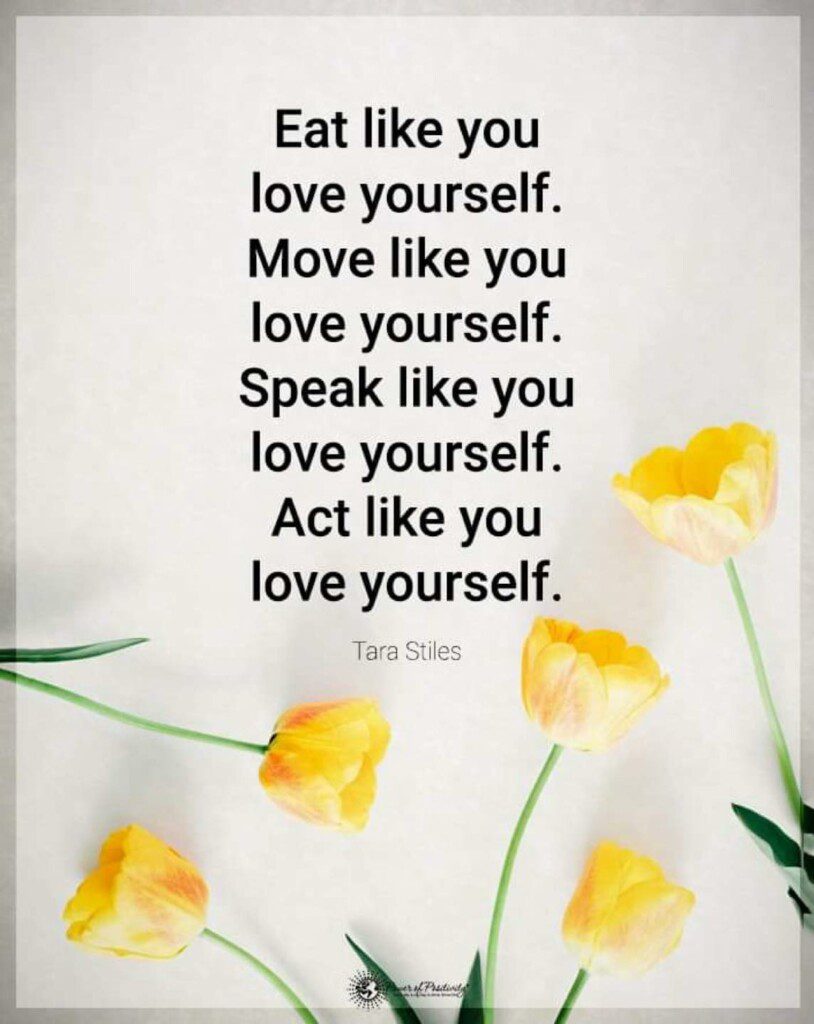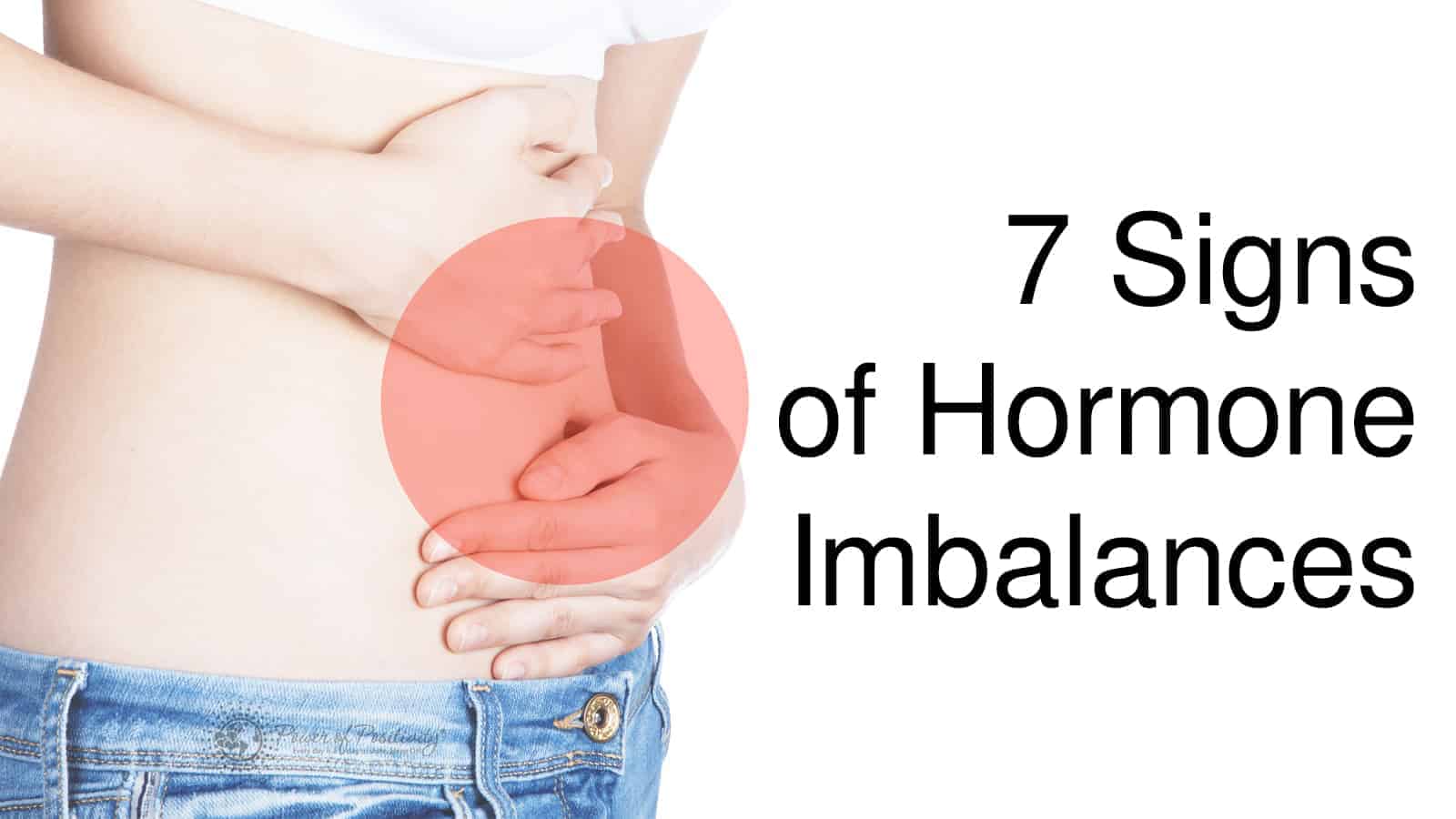Hormones are potent chemicals; they help keep our bodies’ working correctly and profoundly influence our mood. They are produced in glands located in the adrenals, ovaries, pancreas, pituitary, testes, and thyroid.
Our brain continually interacts with hormones via the neurotransmitters serotonin, norepinephrine, dopamine, and GABA. Hormones – including hormonal production and maintenance – are directly affected by brain activity and vice-versa. As a result, an imbalance in either the brain or hormonal systems can throw us for a loop.
“When we get angry, the heart rate, arterial tension and testosterone production increases, cortisol (the stress hormone) decreases, and the left hemisphere of the brain becomes more stimulated.” ~ Neus Herrero, researcher at the University of Valencia
Although the topic isn’t addressed as much, hormones play an important role in regulating mood. More emphasis is given to the brain’s neurotransmitters than to the body’s hormonal balance. Still, both are equally likely because of the intricate relationship between our endocrine (hormonal) and nervous system.
Anger, anxiety, and depression are the three more frequently-cited complaints of anyone experiencing a hormonal or neurochemical imbalance.
Here we’re going to focus on potential signs of hormonal anger, its causes, and how we can naturally rebalance our hormone levels.
Here are five signs of anger coming from hormones (and how to balance them):

1. Insomni: Progesterone Imbalance
Progesterone is the yin to estrogen’s yang; progesterone has the opposite effect on mood. Brain scientists use the word ‘inhibitor’ to describe the chemical’s function, which is just a fancy way of saying it slows the brain down. Estrogen, on the other hand, speeds the brain up.
If excitatory chemicals are not checked by inhibitory, we’re more prone to impulsiveness and anger.
Restful sleep becomes difficult when there is an imbalance between the two chemicals, particularly when progesterone levels are deficient. There is about 20 times more of the hormone in the brain than the body.
2. Anxiety: Low estrogen
Estrogen, one of the major sex hormones in women, assists the brain and body produce beta-endorphins and serotonin – both of which are vital to a positive state of mind. Estrogen also assists in balancing the levels of dopamine and norepinephrine.
Not only are bursts of anger more likely when estrogen-deficient, anxiety, and stress are too.
3. Decreased Libido: Low testosterone
While excess testosterone is associated with higher aggression, testosterone lack can contribute to ‘irritable male syndrome.’ Low testosterone levels are tied to higher amounts of cortisol – the body’s stress hormone.
‘Resulting behaviors include anger, sarcasm, frustration, sadness, depression, being withdrawn, hostile, and/or anxious, and dissatisfaction,” says Richard Giannoto, MD, a metabolic wellness physician.
Low sex drive often accompanies testosterone deficiency as well.
4. Depression: Hypothyroidism
Hypothyroidism is the slowing of thyroid hormone production. While hyperthyroidism can cause anxiety, irritability, and mood swings, hypothyroidism can cause depression (along with brain fog and memory symptoms.)
Abnormal thyroid hormone levels can cause anxiety, irritability, and mood swings. Fortunately, hypothyroid patients who treat their condition usually see the depressive side effects dissipate.
5. Weight gain: Excess Cortisol
As mentioned, cortisol is the body’s “stress hormone.” And it turns out that too much of it is a double-edged whammy to our mood and waistline.
Regarding the latter, rises in cortisol levels stimulate the conversion of blood sugar into fat, often evidenced by the little extra pudge in the tummy area.
It’s also worth mentioning that excess caffeine dramatically raises cortisol levels. In other words, too much junk food chased with a cup of Joe isn’t a very good idea.
Naturally Balancing Your Hormones
Dr. Josh Axe recommends seven natural ways to balance our hormones:
1. Swap ‘bad’ carbs for healthy fats: Eating foods rich in healthy fatty acids are essential to keeping hormone levels in check. Healthy fats efficiently counteract the inflammatory and hormone-altering properties of refined carbs.
2. Use adaptogen herbs: Adaptogen herbs are healing plants that combat stress and boost immune function. Axe recommends the herbs ashwagandha and holy basil.
3. Address emotional imbalances: Despite all of the statistics that point to stress as the number one killer today, far too many of us fail to address external factors and lifestyle choices that contribute to stress. Meditation, acupuncture, exercise, and natural options to rebalance emotional states.
4. Use essential oils: To naturally balance hormones requires the elimination of toxins in the body. Be wary of body care products that contain DEA and parabens. Try using natural products such as coconut oils, essential oils, and shea butter.
5. Use supplements: Our world is more fast-paced than ever in history. Eating on the go has become the norm for many of us, which isn’t good for our health. Natural supplements can help bridge this nutrient gap in our diets. Try some organic, plant-based nutrients or natural multi-vitamins.
6. Watch your meds: Side effects of certain medications can disrupt hormone balance. Changes in appetite, trouble sleeping, fatigue, low libido, and even depression may indicate something is amiss.
7. Get enough sleep: Continuously getting less than 7-8 hours of sleep per night disrupts the body’s natural circadian rhythm and is one of the worst things for maintaining hormonal equilibrium.




















